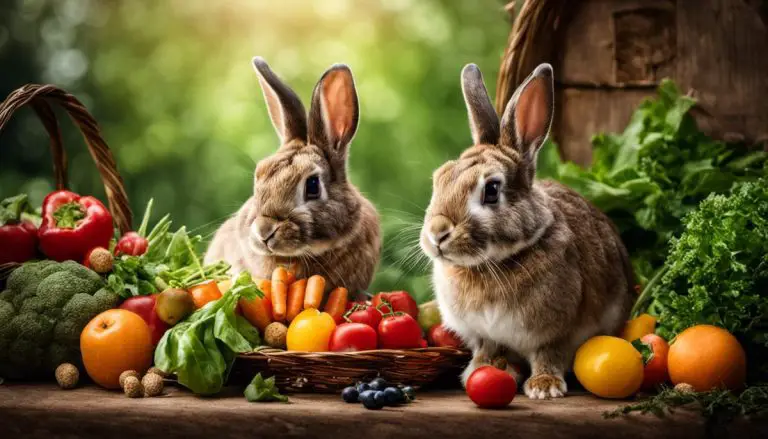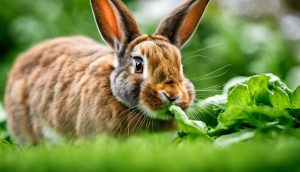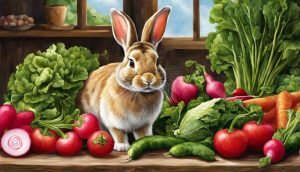Delving into the delightful world of bunnies, it’s essential to explore what these furry friends need for a healthy diet. Understanding their dietary requirements, including their need for hay, pellets, water, and a variety of fruits and vegetables, forms the backbone of keeping them hale and hearty. The role of each diet component holds significant importance in the overall health of a bunny, warranting a detailed analysis of their nutritional value. This scope of this discourse extends to a specific query a bunny owner may have – Can bunnies eat apples? The question may seem simple, but there are various aspects to consider, including the nutritional benefits, potential health risks, and the proper method of apple feeding.
The Dietary Needs of Bunnies
Understanding the Dietary Needs of Bunnies
Bunnies have a specialized diet that primarily involves consuming a large amount of hay, a small serving of pellets, and ensuring sufficient water intake. Specifically, Timothy hay should be the mainstay of their diet, providing the necessary fiber to maintain a healthy digestive system. The long fibers in hay aid in the movement of material through a bunny’s lengthy digestive tract and also help mitigate impactions or blockages. Pellets, in controlled quantities, offer a concentrated source of nutrients, vitamins, and minerals. But, care must be taken with pellet quantities because they are energy-dense food and can lead to obesity. Continuous access to clean, fresh water is critical as it aids in digestion and absorption of nutrients.
Can Rabbits Consume Apples?
Rabbits’ diet mainly comprises hay and pellets, but it can be further enriched with a variety of fruits and vegetables for added nutriment. Apples, for instance, make an excellent treat for these adorable creatures. They are packed with dietary fiber, facilitating the intestinal process and a plethora of beneficial antioxidants and vitamins. However, due to their high sugar content, apples and similar fruits should only be offered sparingly, serving more as treats rather than regular food. The seeds and core of an apple should be avoided since they contain a compound that can transmutate into cyanide when ingested. Though a small quantity is unlikely to harm, it is safer to stay precautionary. Furthermore, gradually include new foods like apples, in their diet and closely monitor their behavior or droppings to ensure there are no unfavorable reactions. In essence, a balanced diet for rabbits would predominantly consist of hay, pellets, and water with the careful introduction of fruits such as apples for added nutrients.
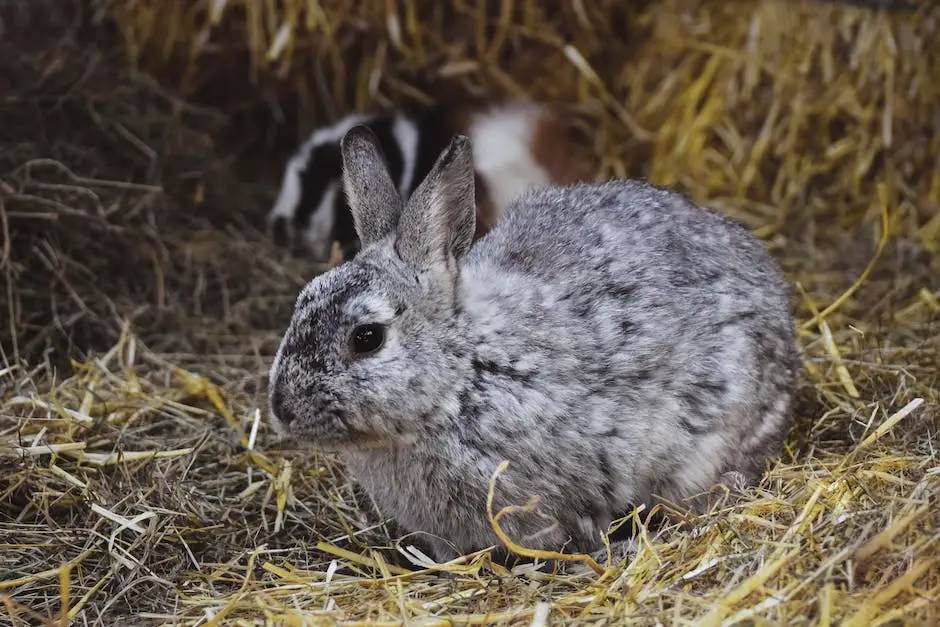
Can Bunnies Eat Apples?
Rabbits and Apples: An Evaluation of Nutritional Value
It is safe for rabbits to consume apples, provided it is in controlled quantities. The natural sugars present in apples, while not harmful, can potentially lead to weight issues or dental problems if ingested excessively. Apples do furnish benefits in the form of vitamins A and C and dietary fiber, aiding in your rabbit’s digestion.
Besides sugar, apples are somewhat acidic which could cause stomach discomfort in rabbits if consumed in large quantities. Even though the fruit part is beneficial, the seeds are not advisable for rabbits. They contain cyanogenic glycosides – a type of cyanide compound which can be harmful to rabbits, and to humans too, if eaten in significant amounts. Consequently, always ensure that you thoroughly remove the seeds before feeding an apple to your rabbit.
Proper Ways to Feed Apples to Rabbits
Given the high sugar and acid content in apples, they should be considered an occasional treat rather than a primary aspect of a rabbit’s diet. Offering a small slice of an apple few times a week is a safe and enjoyable method of treating your bunny. It is important to introduce apples incrementally to the rabbit’s diet and keep a close eye on any unusual behavior or changes in bowel movement, which may indicate a negative response.
It’s crucial to thoroughly wash the apple before feeding it to ensure any potential pesticides or other harmful chemicals are removed. Adding apples to their diet could provide them with a unique treat and slightly different nutritional profile. The most important thing is to always proceed with caution and limit the quantity.
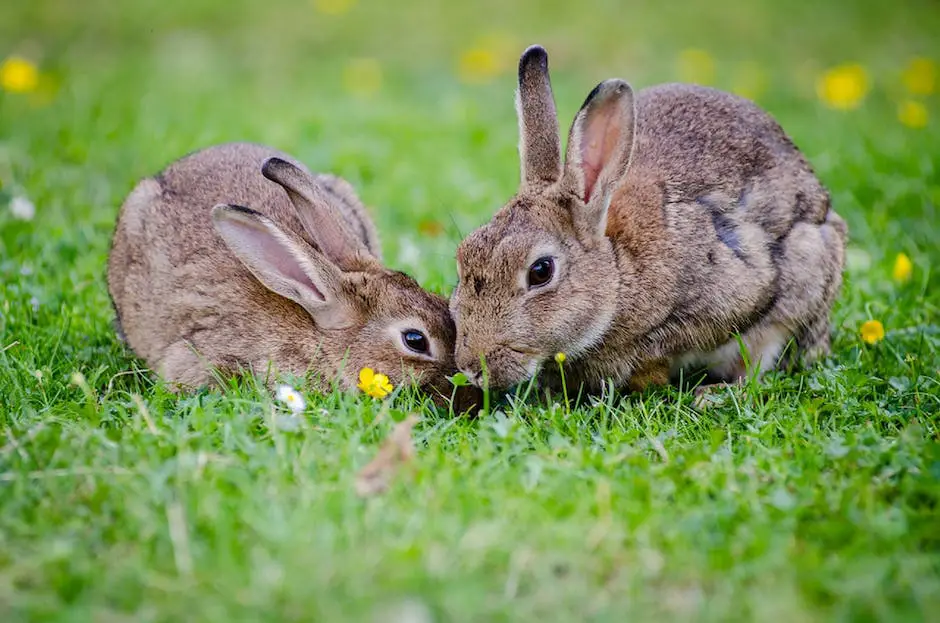
Additional Tips for Feeding Bunnies
Rabbits can indeed consume apples, but it’s important to remember that these should be given sparingly. Due to their high sugar content, apples should serve as a supplement to a rabbit’s primary diet and not replace their regular meals. A daily serving should ideally consist of a slice or two, always under the watchful eye of the pet owner. Overfeeding them with apples may lead to potential health issues like digestion issues, obesity, among others.
Introduce New Foods Gradually
When introducing new foods like apples to a bunny’s diet, it is essential to do it gradually. For instance, start by giving them a tiny piece of apple and closely monitor how they react to it. If there are no signs of digestive problems such as diarrhea, the portion size can be gradually increased. Always remove the apple seeds as they contain a cyanide compound which is harmful to rabbits. Timing matters too. It is best not to introduce a new food when a bunny is unwell or stressed as it may make it harder to identify potential adverse health reactions.
Main Diet Still Prevails
While apples can be a tasty treat for bunnies, their main diet should predominantly consist of hay, water, and leafy greens. Bunnies require a high fiber diet for their digestive system to work correctly – apples are not a good source of fiber, but hay is. So, apples should only supplement a balanced diet, not be the mainstay. It is also advisable to stagger the feeding times to mimic a bunny’s natural grazing habit, which is best for their digestive health. Keep in mind that each bunny is individual with unique dietary needs, so always consult a veterinarian if unsure about what to feed your furry friend.
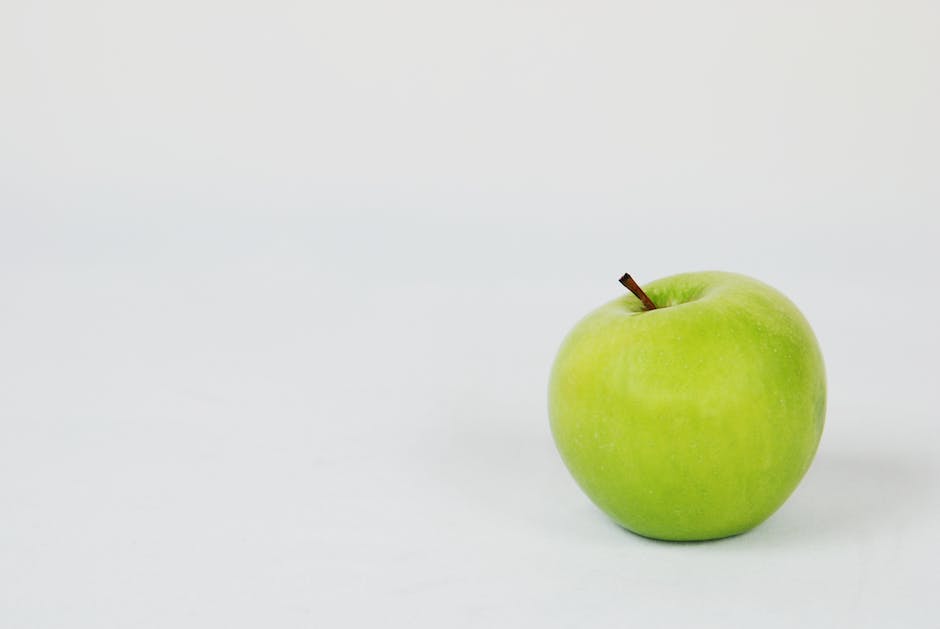
Feeding bunnies is not just about understanding what they can or cannot eat; it’s also about knowing the right amount, timing, and frequency of feeding. Equally important is the process of safely introducing new foods to them. A thorough understanding of these aspects ensures a healthy diet for bunnies and contributes to their overall well-being. While apples can serve as a sweet treat for bunnies, maintaining a balanced diet that consists of hay, pellets, water along with other fruits and vegetables is the key to keeping your furry friend healthy and happy.

